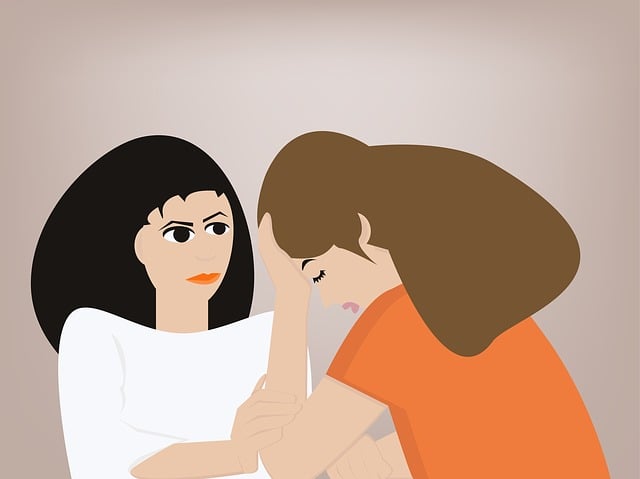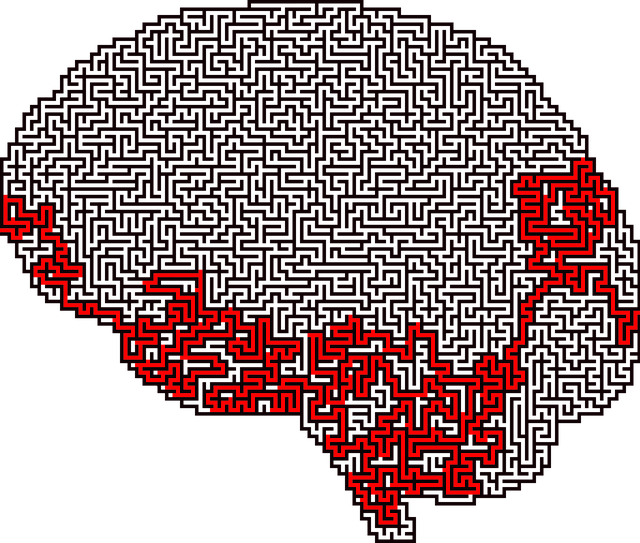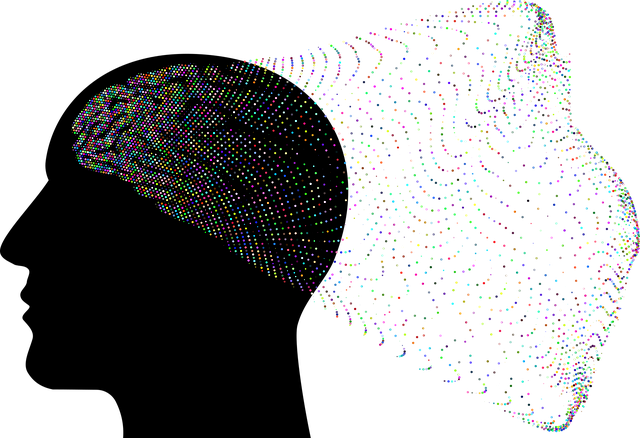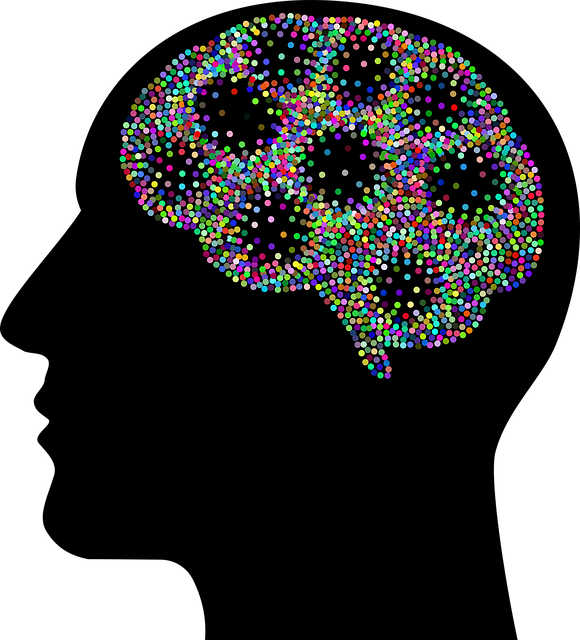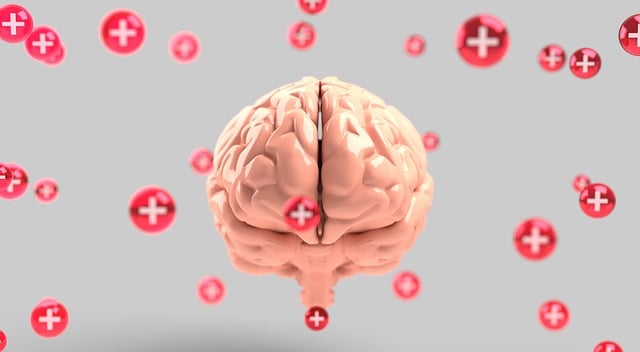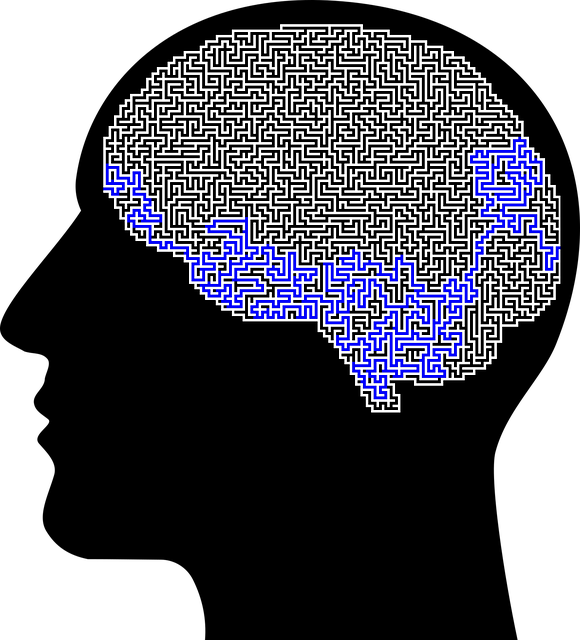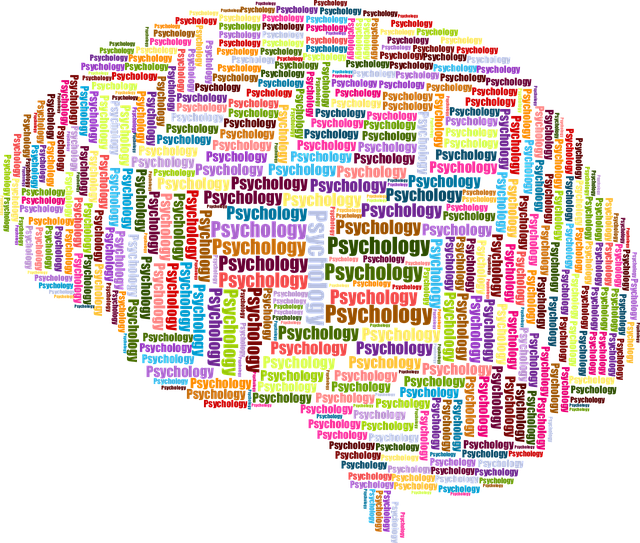Social skills training through Lafayette Developmental Disability Therapy is crucial for individuals with developmental disabilities or mental health conditions, addressing challenges in communication, empathy, and non-verbal cues. This specialized therapy enhances emotional expression, reduces anxiety, and promotes meaningful connections, leading to improved mental well-being and community engagement. Through structured environments, role-playing, and tailored strategies, clients gain confidence in social interactions, fostering stronger relationships and a greater sense of belonging.
Social skills training plays a pivotal role in improving mental health outcomes, especially for individuals with developmental disabilities. This comprehensive guide explores the significance of social interaction and its impact on mental well-being. We delve into identifying challenges faced by those with developmental disorders, highlighting the therapeutic approaches at Lafayette Developmental Disability Therapy to enhance social competence. Through practical strategies and real-life success stories, this article offers insights into empowering individuals to navigate daily life and foster meaningful connections within their communities.
- Understanding Social Skills and Their Impact on Mental Health
- Identifying Challenges: Social Interaction in Developmental Disabilities
- The Role of Therapy in Enhancing Social Competence
- Practical Strategies for Daily Life and Community Engagement
- Success Stories: Real-Life Benefits of Social Skills Training at Lafayette Developmental Disability Therapy
Understanding Social Skills and Their Impact on Mental Health

Social skills are a crucial aspect of our daily interactions and play a significant role in maintaining good mental health. They involve effective communication, empathy, active listening, and the ability to form meaningful connections with others. For individuals living with mental health conditions or developmental disabilities, such as those provided by Lafayette Developmental Disability Therapy, understanding and cultivating these skills can be transformative.
The impact of strong social skills on mental wellness cannot be overstated. They foster a sense of belonging, reduce feelings of isolation, and provide an outlet for emotional expression. In the context of trauma support services, compassion cultivation practices have been shown to enhance social connections and promote anxiety relief. By learning these skills, individuals can navigate social situations more confidently, leading to improved overall well-being.
Identifying Challenges: Social Interaction in Developmental Disabilities

Social interaction can present unique challenges for individuals with developmental disabilities, such as those supported by Lafayette Developmental Disability Therapy. Beyond the core symptoms of their condition, they may struggle with understanding social cues, maintaining eye contact, or interpreting non-verbal communication. These difficulties can lead to isolation and anxiety in social settings, hindering their ability to form meaningful relationships and participate fully in community life.
Building resilience through targeted interventions is crucial. Therapies that focus on teaching conflict resolution techniques and stress management strategies empower individuals to navigate social interactions with greater confidence. By learning these skills, they can better express their needs, manage emotions during challenging situations, and foster positive connections with peers and adults.
The Role of Therapy in Enhancing Social Competence

Social skills training is a critical component of therapy for individuals with mental health conditions, particularly those seeking Lafayette Developmental Disability Therapy. Through structured and supportive environments, therapists can help clients develop essential social competence. This includes recognizing and managing emotions, effectively communicating, and navigating social interactions with confidence.
Therapy sessions often incorporate role-playing exercises, group discussions, and cognitive behavioral techniques tailored to each individual’s needs. By addressing specific challenges related to stress management, emotional intelligence becomes more accessible. Additionally, community outreach program implementation can offer real-world practice opportunities, fostering a sense of belonging and enhancing social connections. These comprehensive approaches not only improve relationships but also empower individuals to lead fulfilling lives within their communities.
Practical Strategies for Daily Life and Community Engagement

Social skills training plays a pivotal role in enhancing mental health and fostering community engagement for individuals with developmental disabilities or those managing conditions like anxiety. At Lafayette Developmental Disability Therapy, our experts emphasize practical strategies tailored to daily life, enabling clients to navigate social situations with confidence. This approach goes beyond traditional therapy, focusing on real-world applications.
Through these strategies, individuals learn to initiate and maintain conversations, interpret social cues, and build meaningful connections, leading to improved self-esteem and reduced anxiety in various settings. Our Mental Wellness Coaching Programs Development incorporates techniques that promote active listening, assertiveness, and empathy, allowing participants to engage more effectively in their communities. By integrating these skills into daily routines, individuals can experience enhanced support networks and a greater sense of belonging, contributing significantly to their overall anxiety relief and self-esteem improvement.
Success Stories: Real-Life Benefits of Social Skills Training at Lafayette Developmental Disability Therapy

At Lafayette Developmental Disability Therapy, social skills training has transformed lives and proven to be a game-changer for many individuals with mental health conditions. Through tailored programs, clients have experienced remarkable benefits that extend far beyond the therapy room. These success stories highlight the power of enhancing social interactions, fostering better communication, and developing self-care practices.
Many participants report feeling more confident in their ability to connect with others, reducing feelings of isolation and anxiety. The training provides practical tools for managing social situations, allowing them to engage in meaningful conversations and build stronger relationships. By learning effective strategies, individuals can navigate social environments with newfound ease, leading to improved overall well-being and a sense of belonging.
Social skills training plays a pivotal role in improving mental health outcomes, as highlighted by the success stories at Lafayette Developmental Disability Therapy. By understanding the impact of social interaction and implementing practical strategies, individuals with developmental disabilities can navigate social challenges more effectively. The therapeutic approach not only enhances their sense of belonging but also fosters community engagement, ultimately enriching their overall well-being. This comprehensive training is a game-changer, offering lasting benefits that resonate in daily life and beyond.


